Dr. Spencer Phillips, an ecological economist from the US, is working in Vietnam to help the community better understand the relationship between the economy and the environment and nature and human life in the context of global climate change.
Spencer Phillips is the founder of Key-Log Economics in the US, which has been operating for more than 30 years in policy-oriented research and non-profit leadership.
Spencer has made contributions to not only the US government but also Southeast Asian countries, including Vietnam, in assessing environmental impacts on the economy.
In 2013, Spencer worked for a project on methane emission reduction at the Institute of Science for Environmental Management under the Ministry of Natural Resources and Environment in Hanoi. He helped compile and analyze data to quantify the co-benefits of reducing greenhouse gas emissions from the solid waste and wastewater treatment sectors. His research solutions helped lower GHG (greenhouse gas) emissions to 35 million tons of CO2 (carbon dioxide equivalent), bringing in an annual economic benefit of over 600 million US dollars for Vietnam.
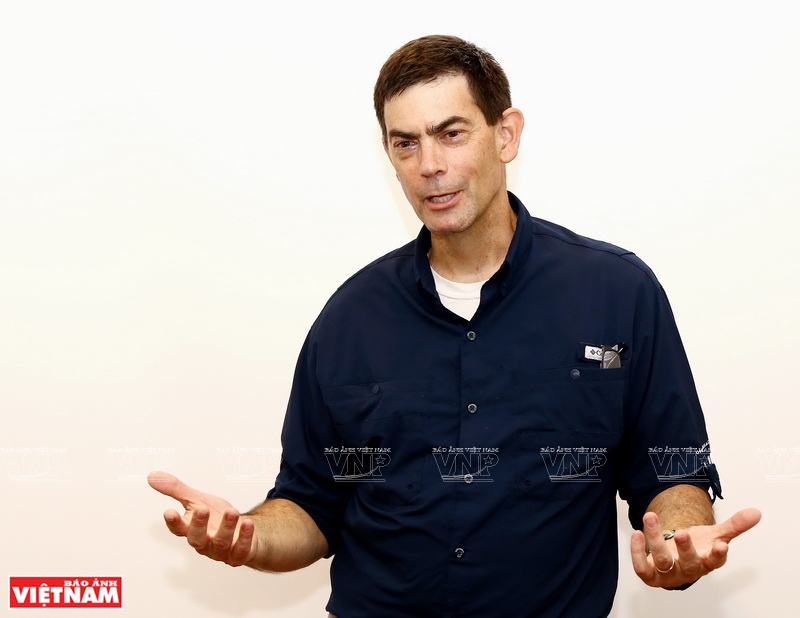
Dr. Spencer Phillips is interested in environmental issues in Vietnam. Photo: Thanh Giang
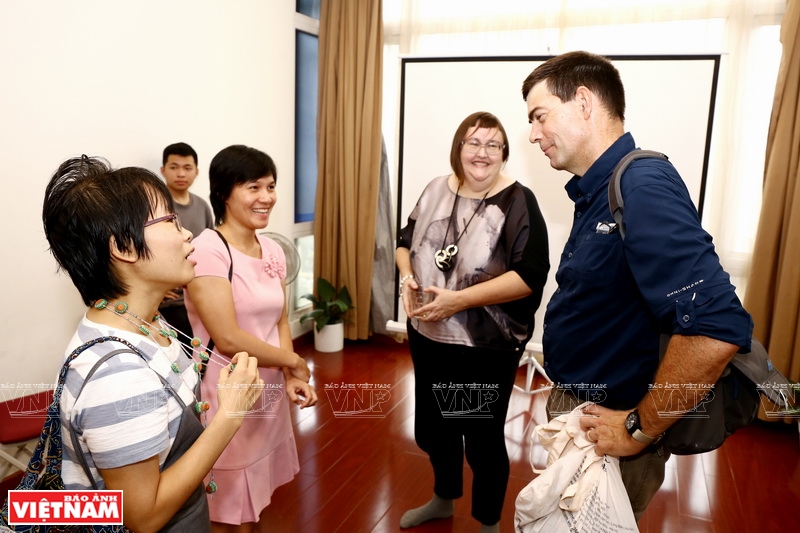
Spencer with the audience at a session on environmental conservation. Photo: Thanh Giang
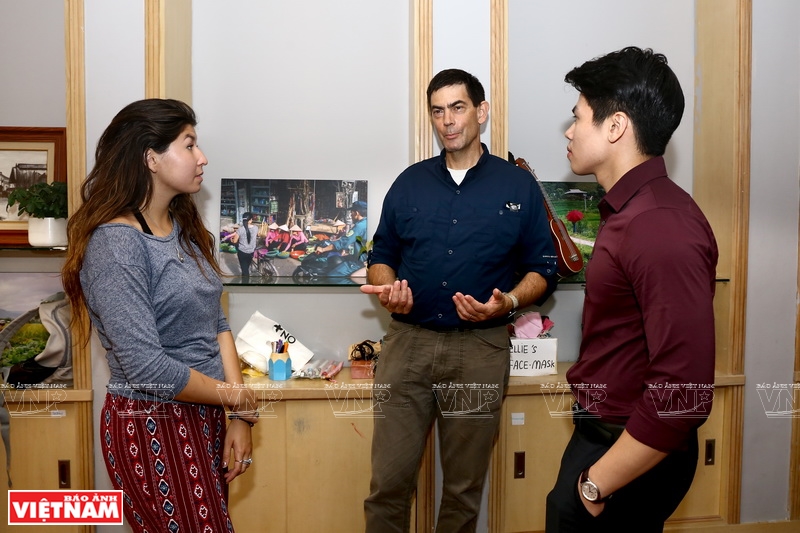
With policy analyst Sonia Wang (left) and Hung (right), a Vietnamese intern at Key-Log Economics. Photo: Thanh Giang
|
This national research project provided important input for the Government in the decision on mitigation of methane emissions from waste, according to Professor Do Nam Thang, Deputy Director of the Institute of Science for Environmental Management.
|
Spencer Phillips previously worked as an environmental specialist at the White House Council on Environmental Quality. He was also the Vice President for Ecology and Economics Research at The Wilderness Society. Spencer’s current research focuses on ecosystem service values, especially as affected by climate change, and on the relationships between economic development and environmental quality. |
In 2019, Spencer founded Key-Log Economics Vietnam to implement projects on measuring economic benefits against environmental impacts. The projects are carried out in Hanoi, Hoi An, Moc Chau, Da Lat and Lao Cai by Spencer’s Vietnamese associates many of whom previously worked as interns at Key-Log Economics in the US.
Key-Log Economics has helped a volunteer group in Hanoi, “Keep Hanoi Clean”, sort out and weigh the volume of waste collected by the group in order to measure their economic value.
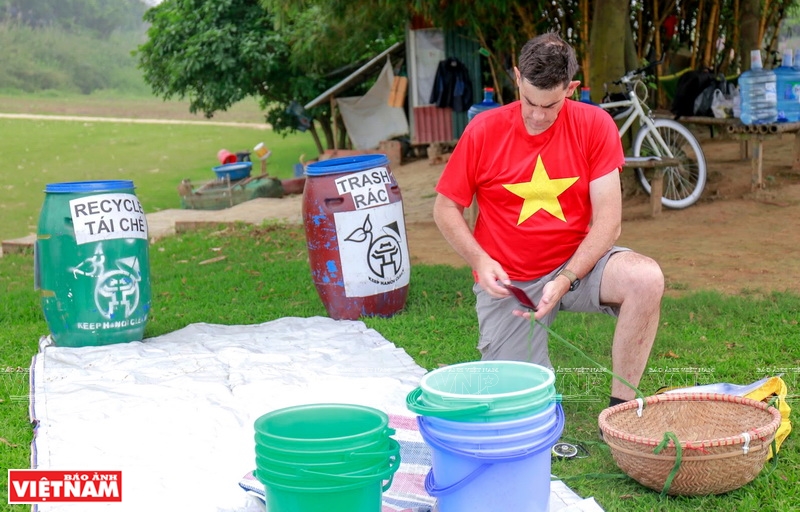
Preparing to weigh collected waste. Photo: Files
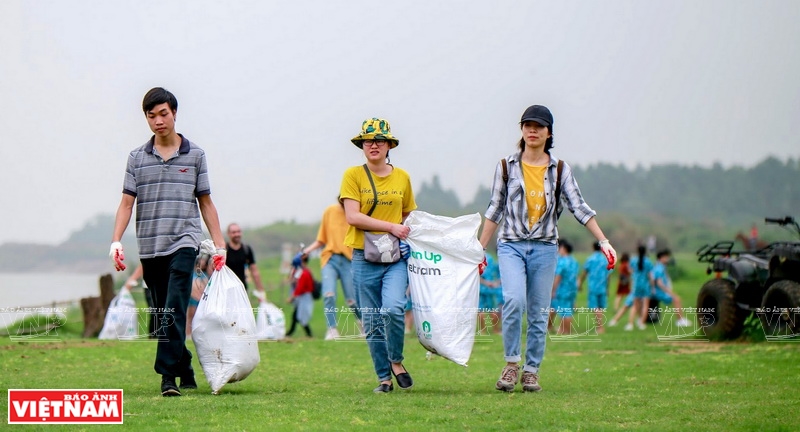
Preparing to weigh collected waste. Photo: Files
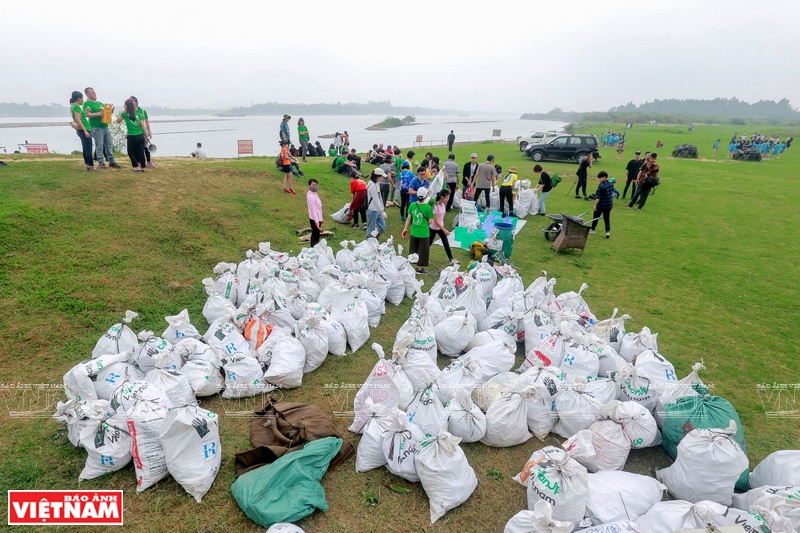
Volunteers bring bags of waste to the working area of Key-Log Economics data staff for weighing. Photo: Files
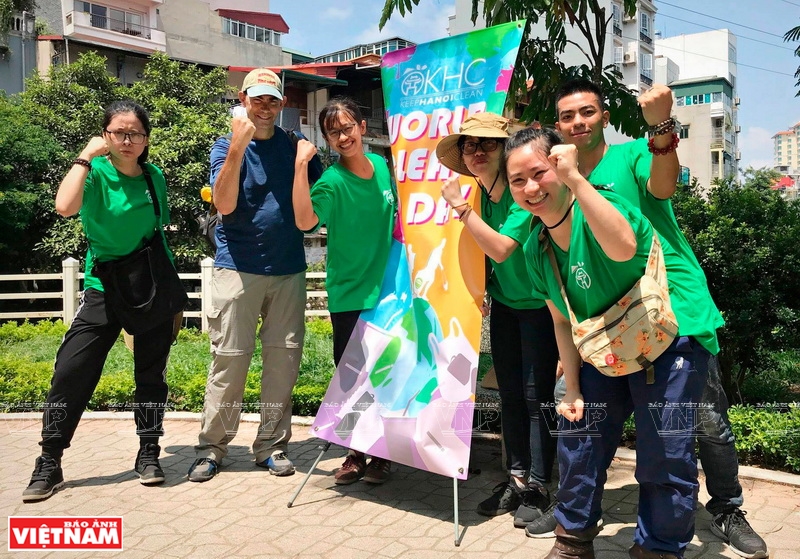
Spencer with “Keep Hanoi Clean” volunteers. Photo: Files
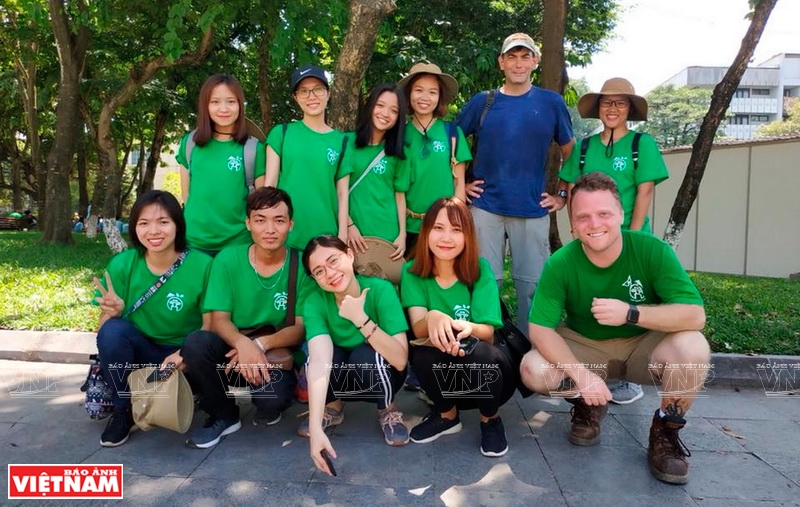
With “Keep Hanoi Clean” members in a campaign to clean up Hanoi. Photo: Files
|
Spencer and Key-Log Economics are launching a campaign to collect waste in Hanoi’s Old Quarter to make Hanoi a friendly, green destination.
Spencer and his colleagues have also helped the Center for Development and Integration (CDI) monitor the quality of organic farm produce to judge the economic benefits of quality agricultural products.
Story: Bich Van - Photos: Thanh Giang & Files